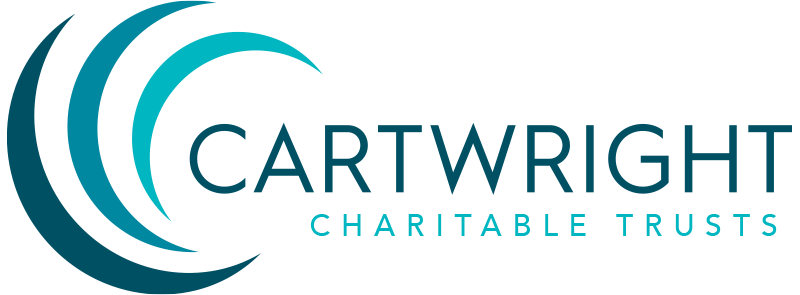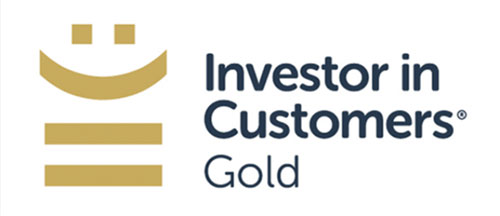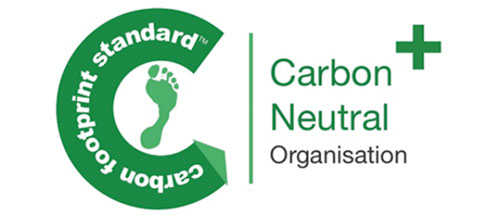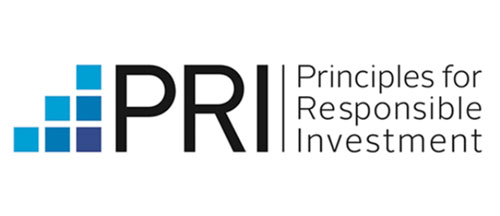Institutional Advantages
The scale that institutional investors have, typically gives them advantages in terms of the variety of assets they can access and the lower levels of cost they can secure for their investments. Due to their importance in the market they’re also likely to have better access to information, as well as the management of companies they invest in or third-party investment managers.
Institutional investors may also access to a wider array of investment strategies whereas a retail investor might be limited to a single or reduced range of off-the-shelf pooled funds. Typically you might have to choose a model portfolio from a small range.
Such a portfolio might take account of an overall risk tolerance, but may not match your charity’s needs in terms of cashflow or ESG preferences. The underlying funds in this portfolio are also likely to have higher management charges as they are share classes designed for smaller retail customers. (A share class is the type of share. Each type has its own rights and conditions)
An institutional service is likely to offer more bespoke investment strategies. These can be moulded to the client’s needs, using a wider range of products. For charities in particular this could mean exclusions to the investment mandate that better suit their mission or ESG desires. Not forgetting restricted or endowed funds that need special treatment.
Cash management is another important issue for charities. The unique nature and timing of how your donations are received compared to spent – think salaries, maintenance, grants - means that charities can benefit from institutional level analysis. This will help you in modelling and designing of a cash strategy to maximise opportunities at the same time as securing the ongoing operation of your charitable organisation.
Pros of institutional investors:
- Greater scale allows access to a wider variety of assets
- Lower costs for investments
- Better access to market information and company management
- Access to a broader array of investment strategies
Cons for retail investors:
- Often limited to a reduced range of off-the-shelf pooled funds
- Choices might be confined to model portfolios with limited options
- Portfolios may not align perfectly with specific needs like cash flow or ESG preferences
- Higher management charges due to share classes designed for smaller retail customers
In summary an institutional approach will give you a bespoke investment strategy that takes into account your charity’s cashflow needs and ESG desires. As well as reduce cost by accessing institutional share classes with lower management charges.
How have you been categorised?
Charitable organisations can vary dramatically in terms of size and the level of financial expertise they have internally. For the last decade or so regulations have required a financial adviser to assess and categorise charity clients as professional or non-professional (retail) and to disclose to each client how they are being categorised. It’s important that charity trustees are aware of this categorisation and the implications.
If categorised as professional, Trustees have a responsibility to make sure they have adequate expertise capable of making investment decisions and lose some FCA protections. Your charity can benefit however, from an institutional investment relationship. This means lower costs, more bespoke investment strategies and access to wider investments as mentioned above.
Make sure you feel you’ve been categorised right and you’re comfortable with what that decision means for you. If your charity has been classified as a professional client you should be receiving an institutional quality level of investment service and should be benefitting from the lower levels of fees and wider opportunities that an institutional investor would expect.
Cartwright Charitable Trusts is an experienced investment consultancy that deals only with professional clients. Please contact us if you would like to discuss how Cartwright’s institutional quality investment offering can benefit your charity.
It is important that you believe you have been categorised appropriately and are comfortable with the implications of that decision. If your charity has been classified as a professional client you should be receiving an institutional quality level of investment service and should be benefitting from the lower levels of fees and wider opportunities that an institutional investor would expect.
Cartwright Charitable Trusts is an experienced investment consultancy that deals only with professional clients. Please contact us if you would like to discuss how the Cartwright institutional quality investment offering can benefit your charity.











